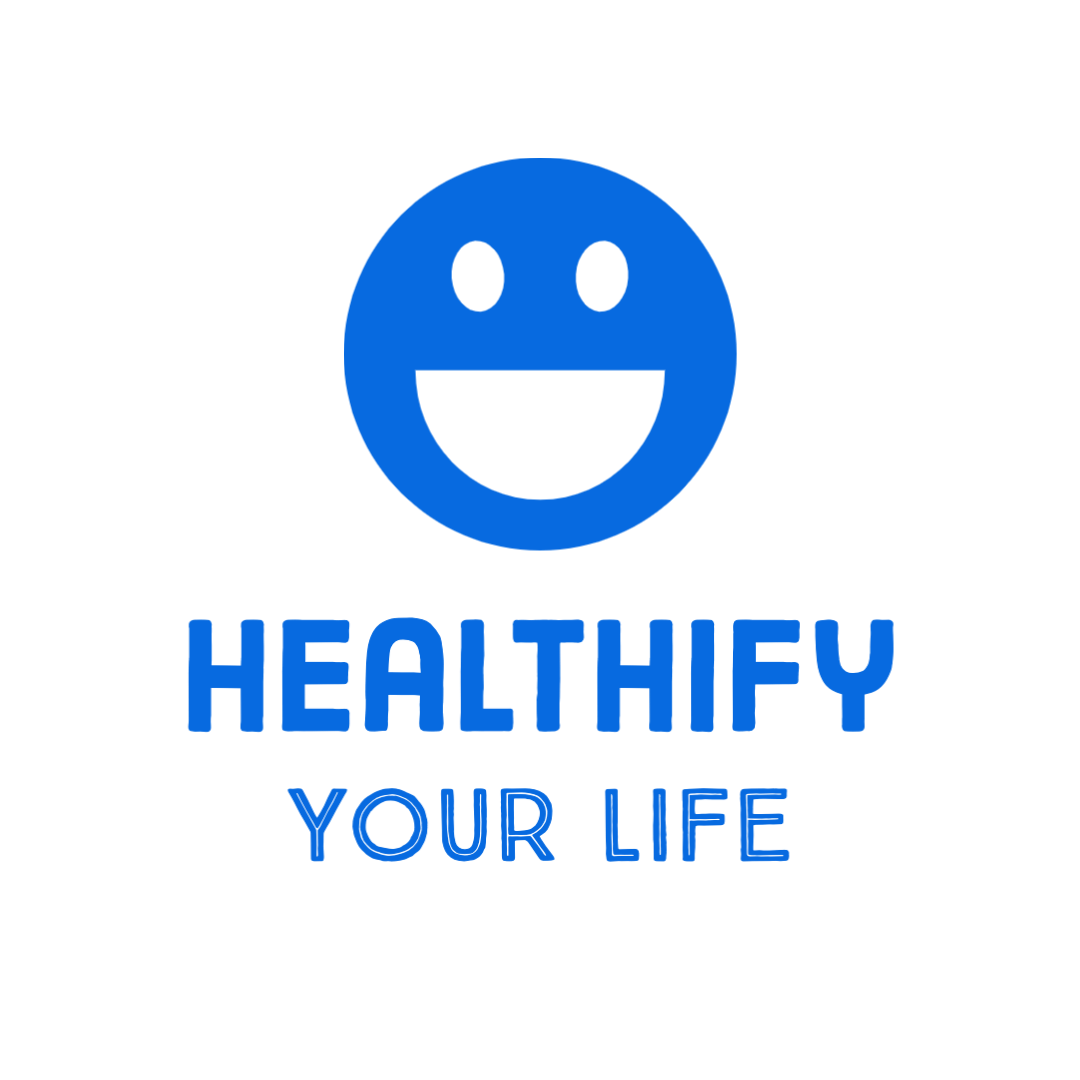Introduction
Picture a bright, sunny day – the warmth of the sun on your skin, the gentle breeze in the air. Now, imagine that this pleasant experience isn’t just about soaking up the rays but also about nourishing your body with a vital nutrient: Vitamin D. Often referred to as the “sunshine vitamin,” Vitamin D is a natural gift from the sun itself.
As you bask in the sun’s embrace, your body synthesizes Vitamin D, one of the cornerstones of health. This nutrient acts as a silent guardian, enhancing not only your physical well-being — by strengthening bones and fortifying immune defenses — but also your mental health, contributing to both mental and physical vitality, fostering a sense of positivity, mental clarity and balance. It subtly yet powerfully underpins your overall well-being.
The incredible thing is, every single cell in your body has a special receptor just for Vitamin D, emphasizing its indispensable role in keeping you ticking in tip-top shape. So, let’s shed some light on the amazing world of Vitamin D and discover how it can illuminate your path to better health and happiness.
Deficiency
Let’s talk about a problem that’s more common than you might think: Vitamin D deficiency. It’s like a silent epidemic, affecting over one in seven people worldwide, and a staggering 50% of folks globally don’t have enough of this essential nutrient in their systems. (1) The main culprit? A lack of sunlight in our lives. Blame it on our sedentary indoor routines, living in places where the sun isn’t too generous, or perhaps even our dedication to sunscreen with sky-high SPF ratings (but don’t worry, we’ll delve into that in a bit).
Sure, you can find Vitamin D in some foods like oily fish, eggs, and fortified milk and cereals, but let’s be honest, these sources don’t exactly flood your body with the stuff.
When it comes to soaking up that precious Vitamin D from the sun, your level of skin pigmentation matters. Folks with darker skin might need a bit more time under the sun to get the same benefits as their fair-skinned counterparts. So, adjust your sun exposure accordingly, considering your skin’s natural protection.
But what about those days when the sun doesn’t quite make it into your schedule? That’s where the indoorsy lifestyle comes into play. If you find yourself spending most of your time inside, whether it’s due to work, study, or just personal preference, you might be missing out on that natural Vitamin D boost. This is where Vitamin D supplements step in. They act as your daily dose of sunshine, guaranteeing that your body receives this essential nutrient, regardless of the weather.
How Sunscreen Impacts Vitamin D Production
Sunscreen is your go-to shield against sunburns and the dreaded skin cancer, working its magic by either reflecting, absorbing, or scattering those UV rays. But here’s the twist: while it’s fantastic at keeping your skin safe, it can also be a bit of a spoiler when it comes to Vitamin D production. You see, the same sunscreen that’s your skin’s best friend might be a hindrance to your body’s Vitamin D factory.
Studies have chimed in on this sunscreen-Vitamin D tug-of-war, revealing that sunscreen with a hefty SPF can cut down Vitamin D production by as much as 92.5%. (2) Yet, interestingly, these reduced production rates don’t seem to have a massive impact on the actual Vitamin D levels circulating in your bloodstream during the sunny season. (3) It’s like a balancing act, with prolonged sun exposure compensating for the sunscreen’s UVB-blocking effects.
Now, what about the long-term picture? The jury’s still out on the lasting effects of frequent sunscreen use on your Vitamin D levels. So, while sunscreen is your sun-safety superhero, it might just be a bit of a nemesis to your Vitamin D production team.
Vitamin D, Mood, and Seasonal Affective Disorder
Have you ever felt a bit down during the darker, colder months? Well, it turns out, there might be more to it than just the winter blues. Vitamin D deficiency has been linked to a range of mood-related issues, including Seasonal Affective Disorder (SAD) and depression. (4) SAD is that all-too-familiar bout of winter gloom that often strikes in the northern hemisphere when sunlight becomes scarce. The good news? Studies have uncovered a ray of hope – Vitamin D supplementation can often come to the rescue and chase those winter blues away. (5)
Now, let’s dive into the science of it all. Vitamin D, it seems, is not just about healthy bones and sunshine vibes; it plays a pivotal role in our brain chemistry. The nutrient morphs into active vitamin D (1,25D), and when it does, it cranks up the volume on some of our feel-good and mood-regulating neurotransmitters, like dopamine and serotonin, respectively. (6) Imagine it as a conductor leading a symphony of focus, motivation, positivity and resilience to stress in your brain. It does this by preventing the breakdown of dopamine, and sparking the production of serotonin, essentially mimicking the effects of antidepressants such as SSRIs and MAO inhibitors. But here’s the fascinating bit: Vitamin D achieves this without messing with your body’s natural processes or causing the side effects and withdrawal symptoms often associated with antidepressants. It’s like a natural mood booster straight from the sun!
The Vital Role of Vitamin D in Boosting Immunity
Think of Vitamin D as your body’s ally in the fight against infections. It’s like a facilitator helping to power your immune system, making sure it’s ready to tackle any threats. Vitamin D activates important immune cells like T-cells and macrophages, which are your body’s security team. It also helps keep things in check by regulating the production of proteins called cytokines, which are involved in immune responses. (7)
When it comes to infections, especially those nagging respiratory ones, not having enough Vitamin D is like leaving your immune system with one hand tied behind its back. But here’s the good part: research suggests that taking Vitamin D supplements can give your immune system a much-needed boost and lower the risk of falling ill. (8)
Now, here’s an interesting twist: while Vitamin D deficiency may not directly cause conditions like asthma, allergic rhinitis, and wheezing, it’s often found in association with these issues, particularly in children. (9) So, while Vitamin D isn’t a cure-all, it plays a crucial role in maintaining overall immune health.
How Vitamin D Builds Strong and Resilient Bones and Teeth
Vitamin D is crucial for maintaining the strength and sturdiness of our bones and teeth. It enhances your body’s ability to absorb calcium, the primary building block of bones.
Insufficient Vitamin D can lead to weakened bones, increasing the risk of fractures and osteoporosis—a condition characterized by porous and brittle bones. Therefore, maintaining adequate Vitamin D levels is akin to giving your bones a daily dose of resilience, ensuring they remain strong and supportive for years to come.
Excessive Vitamin D Intake Without Adequate Vitamin K2
Here’s a health tip you don’t want to miss: when you’re boosting your Vitamin D intake, especially at those higher doses, it’s important to also consider its partner, Vitamin K2. They function as a dynamic duo in maintaining your well-being.
Why? Well, without enough Vitamin K2 to keep things in balance, that extra Vitamin D might tip the calcium scales in your body, potentially causing some trouble. We’re talking about calcium deposits where they shouldn’t be – in soft tissues, arteries, and organs. That’s a recipe for issues like ectopic calcification (deposits of calcium salts in tissues or bone growth in soft tissues), hardened arteries, kidney stones, and even weaker bones.
So, the key takeaway here is simple: when you’re ramping up your Vitamin D game, make sure to invite Vitamin K2 to the party. These two work hand in hand to keep your calcium levels in check. It’s like having your very own health tag team. For the best guidance, consult with a healthcare pro to find the right balance of Vitamin D and K2 for your unique needs. Your body will thank you for including both.
Regarding Vitamin K2, there are two important forms: MK4 and MK7. MK4 is primarily found in animal products, while MK7 is produced by gut bacteria.
To ensure adequate intake, include foods like egg yolks, fermented dairy, natto, and sauerkraut in your diet. If your diet falls short, supplements can be helpful.
A combination of 500mcg of MK4 and 100mcg of MK7 is recommended for dental and bone health, or you can opt for 180mcg of Vitamin K2 MK7, which out of the two has a longer presence in your bloodstream.
However, note that Vitamin K supplements can affect blood clotting for those on anticoagulants like warfarin, so consult your doctor before adding them to your routine.
Finding the Right Vitamin D Dose
To ensure that your body receives the necessary Vitamin D, it’s wise to have your levels checked by a doctor and monitor your progress regularly. A simple blood test can assess your 25-hydroxyvitamin D levels, serving as a reliable indicator of your Vitamin D status. Depending on the results, your doctor can recommend the appropriate Vitamin D supplement dosage for you.
If you’re taking Vitamin D supplements, a helpful tip is to consume them in the morning, preferably with a meal containing some fat. This is because Vitamin D requires dietary fat for optimal absorption. Additionally, it can provide an energy boost, making it an ideal addition to your morning routine.
The Recommended Daily Allowance (RDA) for Vitamin D is typically 600-800 IU, but recent research suggests this may not be sufficient for optimal health. A study published in The Journal of Clinical Endocrinology & Metabolism (10) indicates that adults may require at least 1500-2000 IU daily to maintain ideal blood levels. While most supplements contain about 1000 IU, which is a reasonable starting point for adults, some individuals, particularly those over the age of 8, might need up to the tolerable upper limit (UL) of 4000 IU per day. However, it’s important to seek a doctor’s guidance before increasing your dosage to this level.
And, if you have certain medical conditions that mess with your Vitamin D absorption or metabolism, you might need even more. In such cases, your doctor would recommend a higher daily dose or periodic boosts of Vitamin D to keep you in top form.
Choosing Your Vitamin D Supplement
If you’re thinking of boosting your Vitamin D intake with supplements, you’ve got options. You can go for Vitamin D3, which comes from lanolin (sheep’s wool), or choose a vegan-friendly version made from lichen. There’s also Vitamin D2, derived from UV-exposed mushrooms. It’s all about picking the one that suits your body best, and your dietary choices.
Personal Experiences Matter
When it comes to Vitamin D supplements, everyone’s unique. Some individuals, including myself, have occasionally reported uncommon symptoms like anxiety from standard Vitamin D3. So, if you find that one form doesn’t quite agree with you, it’s worth experimenting with different types. While it’s not entirely clear what triggers Vitamin D3-induced anxiety, I speculate it might be a response to the lanolin from which it’s derived.
On a personal note, I’ve found that Vitamin D2 works wonders for me. Your experience might vary, so don’t hesitate to share your insights in the comments below. It’s all about learning from each other’s journeys!
Conclusion
In the grand scheme of our health, Vitamin D shines brightly. It’s a key player behind strong bones, robust immunity, and even a brighter mood. While basking in the sun is the most natural way to soak up this vitamin, it’s not always on the cards. Many of us may need a little supplement boost to hit our Vitamin D goals safely and effectively.
But here’s the golden rule: before you dive into the supplement world, get those Vitamin D levels checked, and have a consultation with your doctor. It’s all about personalized wellness, after all.
With the right supplementation, you can revel in the countless perks of Vitamin D and keep your overall health on point. So, here’s to embracing the sunshine vitamin and living your healthiest, happiest life!
If you found this article useful, consider sharing or comment your thoughts!
Please note, this article is provided for informational purposes only and should not replace professional medical or dental advice. Always consult your doctor before altering your lifestyle and regimen, changing your diet or adding any supplements.





